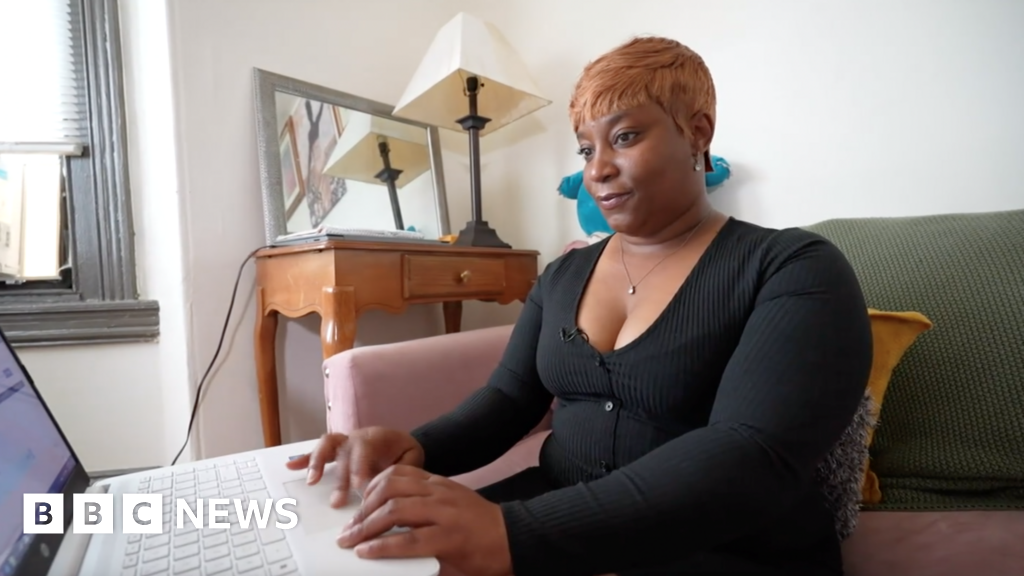- cross-posted to:
- [email protected]
- cross-posted to:
- [email protected]
…
Ms Ellis works full-time as a nurse’s assistant and has a second part-time job.
But she needs to economise. She has switched stores, cut out brand-name items like Dove soap and Stroehmann bread, and all but said goodbye to her favourite Chick-fil-A sandwich.
Still, Ms Ellis has sometimes turned to risky payday loans (short-term borrowing with high interest rates) as she grapples with grocery prices that have surged 25% since Mr Biden entered office in January 2021.
“Prior to inflation,” she says, “I didn’t have any debt, I didn’t have any credit cards, never applied for like a payday loan or any of those things. But since inflation, I needed to do all those things…I’ve had to downgrade my life completely.”
The leap in grocery prices has outpaced the historic 20% rise in living costs that followed the pandemic, squeezing households around the country and fuelling widespread economic and political discontent.



A lot of “rules” taught in high school writing classes are more stylistic choices. They’re not necessarily wrong. Some of them might help to improve clarity, or a rule might help encourage new word choices so writing doesn’t sound so repetitive. Lots of reasons. But many are more for style. Hey I did it! I even made a sentence with only an implied subject and verb, naughty.
I would also argue that sometimes a period followed by a conjunction can be the best stylistic choice. Maybe the sentence was already getting too long and a break was needed, but you still wanted to draw contrast. Maybe you could have put a comma but wanted an increased emphasis on what comes after but. A lot of these things are just preference or style though. Like “never ending a sentence with a preposition.” Of course you can end a sentence with a preposition, but you might want to make sure what the preposition is referring to is clear to the reader too.
Very insightful, thank you. You can tell I didn’t become a linguist.